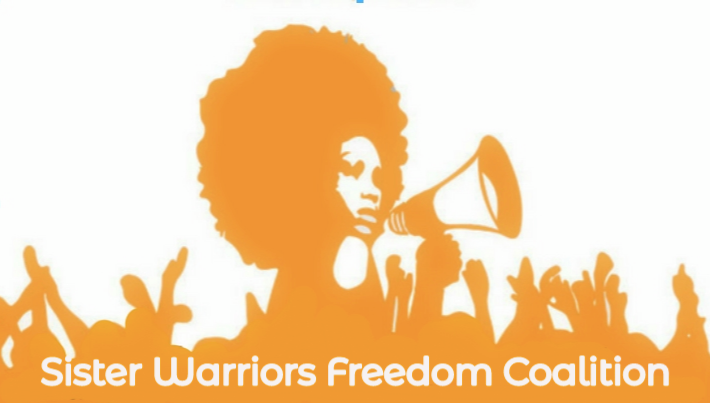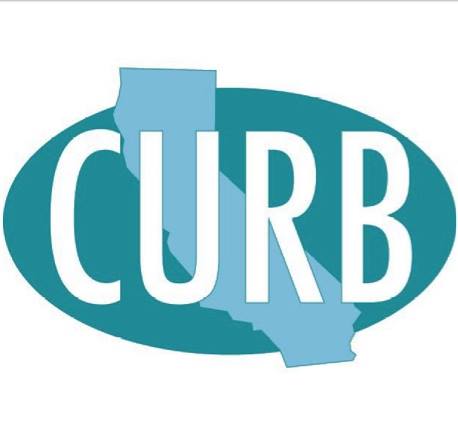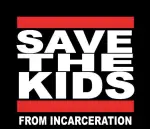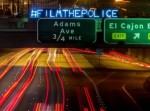When in public spaces where you are lawfully present you have the right to photograph anything that is in plain view. That includes pictures of federal buildings, transportation facilities, and police. Such photography is a form of public oversight over the government and is important in a free society.
When you are on private property, the property owner may set rules about the taking of photographs. If you disobey the property owner’s rules, they can order you off their property (and have you arrested for trespassing if you do not comply).
Police officers may not generally confiscate or demand to view your photographs or video without a warrant. If you are arrested, the contents of your phone may be scrutinized by the police, although their constitutional power to do so remains unsettled. In addition, it is possible that courts may approve the seizure of a camera in some circumstances if police have a reasonable, good-faith belief that it contains evidence of a crime by someone other than the police themselves (it is unsettled whether they still need a warrant to view them).
Police may not delete your photographs or video under any circumstances.
Police officers may legitimately order citizens to cease activities that are truly interfering with legitimate law enforcement. Professional officers, however, realize that such operations are subject to public scrutiny, including by citizens photographing them.
Note that the right to photograph does not give you a right to break any other laws. For example, if you are trespassing to take photographs, you may still be charged with trespass.
If you are stopped or detained for taking photographs:
Always remain polite and never physically resist a police officer.
If stopped for photography, the right question to ask is, “am I free to go?” If the officer says no, then you are being detained, something that under the law an officer cannot do without reasonable suspicion that you have or are about to commit a crime or are in the process of doing so. Until you ask to leave, your being stopped is considered voluntary under the law and is legal.
If you are detained, politely ask what crime you are suspected of committing, and remind the officer that taking photographs is your right under the First Amendment and does not constitute reasonable suspicion of criminal activity.
Special Consideration When Filming
With regards to videotaping, there is an important legal distinction between a visual photographic record (fully protected) and the audio portion of the videotape. Which some states have tried to regulate under state wiretapping laws.
In states that allow recording with the consent of just one party to the conversation. You can tape your own interactions with officers without violating wiretap statuses. (Since you are one of the parties.)
In situations where you are the observer and not a part of the conversation, or in states where all parties of the conversation must consent to tapping depend on whether the state’s prohibition on taping applies only when there is reasonably expectation of privacy. But that is the case in nearly all state, and no state has held that police performing their job in public have a reasonable expectation of privacy.
Photography at the airport
Photography has also served as an important check on government power in the airline security context.
The Transportation Security Administration (TSA) acknowledges that photography is permitted in and around airline security checkpoints as long as you’re not interfering with the screening process. The TSA does ask that its security monitors not be photographed, though it is not clear whether they have any legal basis for such a restriction when the monitors are plainly viewable by the traveling public.
The TSA also warns that local or airport regulations may impose restrictions that the TSA does not. It is difficult to determine if any localities or airport authorities actually have such rules. If you are told you cannot take photographs in an airport you should ask what the legal authority for that rule is.
Using the ACLU’s “Know Your Rights: Photographers” resource, HitRecord – a collaborative artist production company – produced an animated video about the right to photograph in public, featuring music by the Gregory Brothers and directed by actor Joseph Gordon-Levitt:












Is it legal to audio and video record cops in San diego or in all of california?
Yes, It is legal to record any police interaction anywhere in the United States according to the Federal Supreme Court. as long as you are not interfering with the officers duty, and within a reasonable distance (10 feet). and only in a public place does a person not have an “expectation of privacy” (ie. park, sidewalk etc.) If an officer tells you that you cannot record, tell them you are exercising your right to observe, protected by the 1st. amendment (freedom of press). If an officer tells you to move, listen to the officer and move a reasonable distance away as to not interfere, If you feel you are pushed back too far, tell the officer you are well within reasonable distance and you are not trying to interfere. If a officer wants to search your phone tell them “NO”, and that you are exercising your 4th amendment right and you refuse any search of your person or property” it is illegal for them to search you or your personal property without reasonable cause or without a warrant.